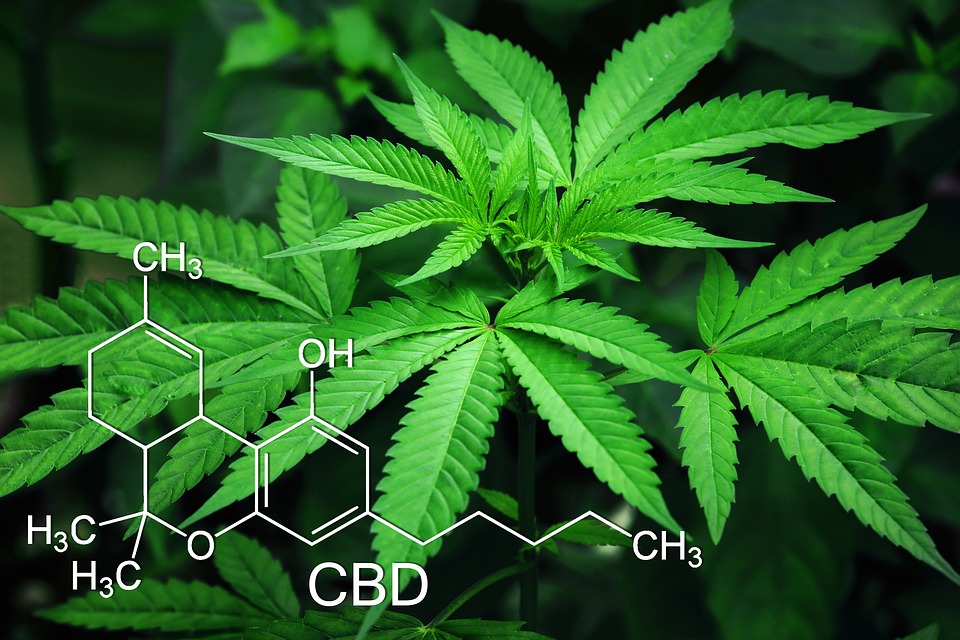In their final trimester, Masters students in the Herbal Product Design and Manufacture Program at Maryland University of Integrative Health (MUIH) take a case study course where companies and various stakeholders present real world problems for our students to solve. The current iteration will investigate the significant public interest in cannabis (hemp)-based and CBD-containing food and herbal products. 
Many questions were generated about the science, safety, and quality of these products at the May 31, 2019 public hearing with the Food and Drug Administration. Key take-away messages from this meeting are the following:
- Data are needed to determine safety thresholds for CBD.
- Datasets/information should be objective, of adequate quality and available for transparent review.
- Lab testing and data analyses need to be replicable.
- Consumers need consistent information and labeling.
- State/government entities need support in knowing what to do.
- We need to understand the implications for children when they take CBD-containing products at different dosage ranges.
Because public has expressed considerable interest in marijuana products (see state legal status map: https://disa.com/map-of-marijuana-legality-by-state,)the FDA is considering how to issue a regulation creating an exception, such as allowing the marketing of CBD in conventional foods or as a dietary supplement. Regardless, the former FDA commissioner noted that such foods must safe based standards for food additives and related food safety assessment procedures, such as those presented in the NDI guidance (https://www.fda.gov/news-events/press-announcements/statement-fda-commissioner-scott-gottlieb-md-signing-agriculture-improvement-act-and-agencys).
This has its own challenges. The FDA has identified several safety based-questions about CBD products that need answers as noted above. For example:
- How much CBD is safe to consume in a day?
- How does it vary depending on what form it’s taken?
- Are there drug interactions that need to be monitored?
- What are the impacts to special populations, like children, the elderly, and pregnant or lactating women?
- What are the risks of long-term exposure?
Many industry insiders believe that hemp-based cannabis products, such as cannabis oil or tinctures will be addressed using the DSHEA statutory framework, but that these products will require New Dietary Ingredient (NDI) filings. A description of the 2016 NDI guidance document can be found at https://www.fda.gov/media/99538/download.
To that end, our case study this trimester students will collaborate with stakeholder Dr. Roger Clemens. He is internationally known scientist, and Professor of Pharmacology and Pharmaceutical Sciences and Assistant Professor of Regulatory Science within USC’s School of Pharmacy, International Center for Regulatory Science. Dr. Clemens is a past president of the Institute of Food Technologists (IFT) and is the current presiding officer of the International Academy of Food Science and Technology. He co-founded, established and contributes to a Food, Medicine and Health column published monthly in Food Technology for the past 15 years. He continues to serve on several editorial boards (e.g., Food Chemical Toxicology, Journal of Food Science, Toxicology Research and Applications, Journal of Dietary Supplements) and continues to serve as a reviewer for many high-impact journals. Dr. Clemens has published > 50 original manuscripts and commentaries. In addition, he has presented more than 250 invited lectures at domestic and international scientific conferences. He is an elected Fellow in four scientific organizations.
They will be tasked with designing an effective model for a hemp oil NDI (New Dietary Ingredient), which will serve them in two important ways: 1) acquire a deeper understanding of hemp constituents and their safety (classic ADME and toxicology), public health implications, and potential medicinal application; and 2) learn to write an NDI, which is vital in the herbal supplement industry.
Wish them the best of luck.